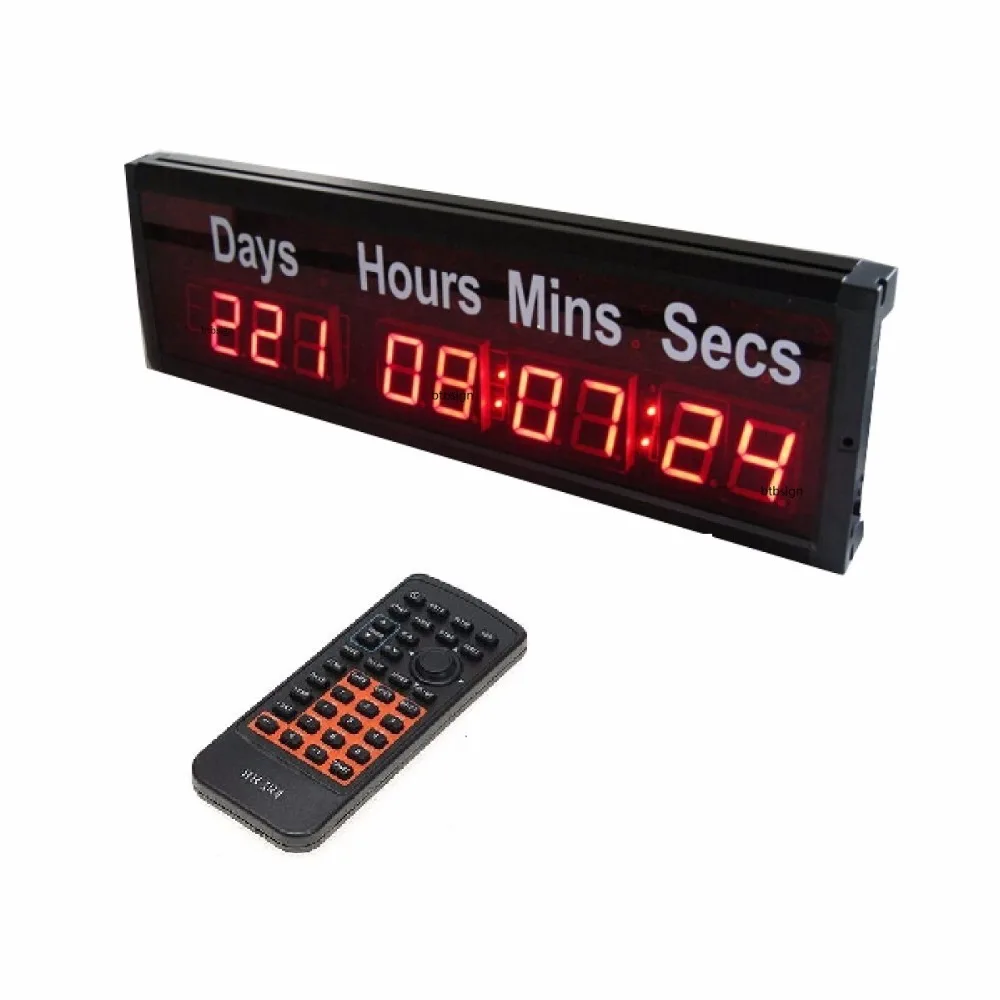

A few decades ago, getting phone calls on your landline that were meant for whoever had the number before you might be annoying, but you weren’t being blasted with large blocks of texts, images, and videos that were meant for someone else, nor was your phone number the key to unlocking various goods and services.Ĭountless apps and services rely on your phone number to identify you, and that number is not necessarily permanent This makes it pretty easy for misdirected calls to happen. In France, where Ugo got his new phone number, the minimum waiting time was recently reduced from three months to 45 days. Some only waited a few days, according to an FCC report. Before that, it was up to the carriers to decide how long to wait before recycling a phone number. But that minimum waiting period was only put into effect in 2020. In the United States, carriers have to wait at least 45 days before they can assign it to a new user. So when you give up your phone number, it’s only a matter of time before it gets reassigned to someone else. And there are currently 2.74 billion assignable phone numbers in the US and its territories, NANPA told Recode, though that doesn’t mean all of those numbers have actually been assigned (about half of them haven’t, according to FCC data). An estimated 35 million phone numbers are recycled every year in the United States, according to a 2017 FCC analysis of data from the North American Numbering Plan Administrator (NANPA). If we didn’t reuse phone numbers, we’d soon run out of them.

Even things that those services might recommend as an added security measure - like text, SMS, or multi-factor authentication - can actually introduce more vulnerabilities. Yet the burden is often on users to protect themselves from a security issue that was created for them by some of their favorite apps.

There are at least two research papers about phone number recycling that lay out the potential risks, from targeted attacks by hackers or people who easily buy up recently discarded phone numbers to being cut off from your accounts entirely and a stranger getting access to your life. They were never meant to be permanent identifiers, so incidents like what happened to Ugo are widespread, ongoing problems that the industry has known about for years. Phone numbers are also vulnerable to hackers. But it’s also not unique to WhatsApp.Ĭountless apps and services rely on your phone number to identify you, and that number is not necessarily permanent. Phone number recycling is a problem WhatsApp is aware of and has largely left to its users to prevent or solve. Ugo isn’t the only WhatsApp user this has happened to. Her account could’ve merged with someone much less forgiving.” “I don’t even know if she was able to regain access to her account at all because for days - weeks, in fact - I was still receiving her messages, even though I kept telling all these people I wasn’t the person they thought I was,” Ugo told Recode. So when Ugo told his account that he had a new phone number, he assumed control of the WhatsApp account that was still tied to it, and it was merged with his. She was an active WhatsApp user, but she’d also, apparently, neglected to tell the app what her new phone number was. Ugo, who did not want his last name revealed for privacy reasons, had unintentionally taken over the WhatsApp account of the woman who had the new phone number before he did. His profile photo changed to a picture of a young woman, and his phone was flooded with new messages from Italian-speaking strangers, including from group chats he was suddenly added to - one of which seemed to be for a family that was not his own. It was only when he told WhatsApp that he had a new phone number that the trouble began. Ugo, who lives in Europe, where WhatsApp is very popular, didn’t immediately register his new phone number on the app, but was able to continue to use it as normal.

When Ugo moved to a new country last October, he got a new phone number.


 0 kommentar(er)
0 kommentar(er)
